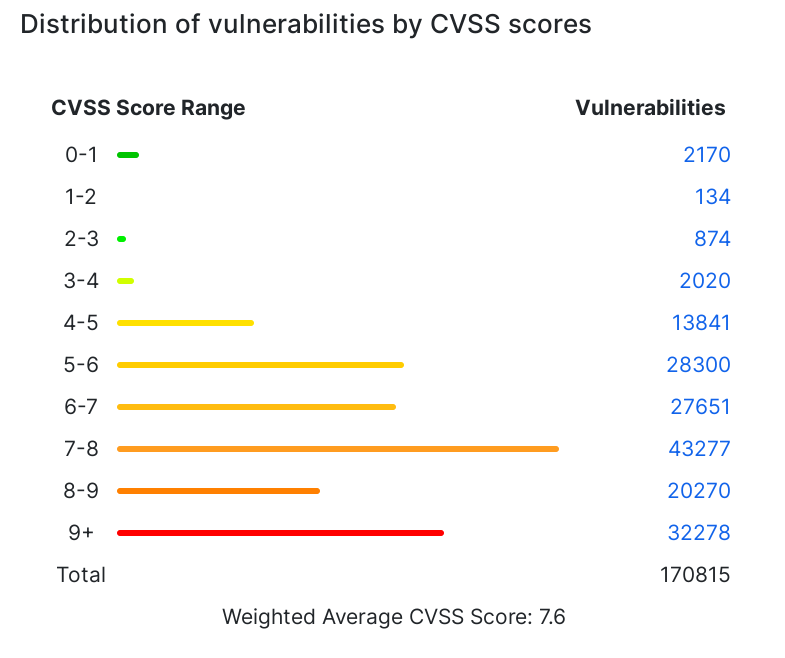I mean you’re not wrong but I’d argue you can get more interesting cve’s using a higher more performant language such as c++. Where there are are ways to include CVE 's from C and introduce new ones to each level of your program using inheritance.
Here is the thing. Everybody, including attackers, is too overwhelmed with the boring variety of CVEs and unable to even think about the more interesting kind.
As soon as we make people stop generating those boring ones by the millions, our days will be way more interesting while we find and fix more complex CVEs. But anyway, those will also be way more common on C and C++ code than most other languages (maybe with an exception for JS).
We can call them CCVE’s! Critical CVE’s.
EDIT: Oh, nevermind. I’ve forgotten that it’s using CVSS, which has a tendency to really overestimate the risk, so almost everyting is CCVE according to them :D

Ah yes, the rust zealots shitting on one of the most important languages of all time… again.
Kinda weird how the number one way to promote Rust has been to downplay C and others.
I really didnt put all that thought into it when I posted this (certainly wasn’t looking to evangelize Rust). It was mildly amusing (memory safety came to mind) and I needed a title somewhat related to the meme was really all there was to it.
I believe, this post is primarily shitting on C and only mentioning Rust at the side.
The specifics of C’s design could barely be less important. In the 70s it was one of countless ALGOL derivatives churned out on-demand to support R&D projects like Unix.
Unix succeeded, but it could have been written in any of these languages. The C design process was governed by the difficulty of compiler implementation; everyone was copying ALGOL 68 but some of the features took too long to implement. If Dennis Ritchie had an extra free weekend in 1972, C might have a module system. But he didn’t, so it doesn’t.
Okay grandpa, back to bed.
Boomers out past their bed time are hilarious.
That’s because Rust solves lots of issues caused by C, of course they are going to twist that knife and use it as a selling points. Humour is not bad, I’ve done lots of C and C++ and am not bothered a bit by it.
It doesn’t reduce the importance of the language at all, just sheds some light on safer languages, Rust or not.
C is the hardware language N°1 of the high-level languages. If you actually want to know and control what happens in the machine, you write in C. Rust, C++ and all the other abstractions are for people who do not understand how computers and computer memory work.
Edit: grammar
This is a misconception that’s common among beginner C programmers. They think C is high level assembly and don’t understand the kinds of optimisations modern compilers make. And they think they’re hardcore and don’t make mistakes.
Hope you figure it out eventually.
even if you write in assembly, you still may not actually understand what is going on in the machine since processors convert the instructions to “micro-ops”, and let’s not forget hardware bugs like those caused by speculative execution
I’ve written programs in C. I’ve written programs in assembly, for x86 and for microcontrollers. I’ve designed digital logic and programmed it into an FPGA. I’ve built digital logic circuits with transistors.
I’ll still take Go over C any day of the week. If I’m doing embedded, I’ll use TinyGo.
deleted by creator
I wrote loads of firmware in c++ and some on highly constrained boards. You’re just stuck in the past and spewing bs
Forth is more like the real hardware language.




